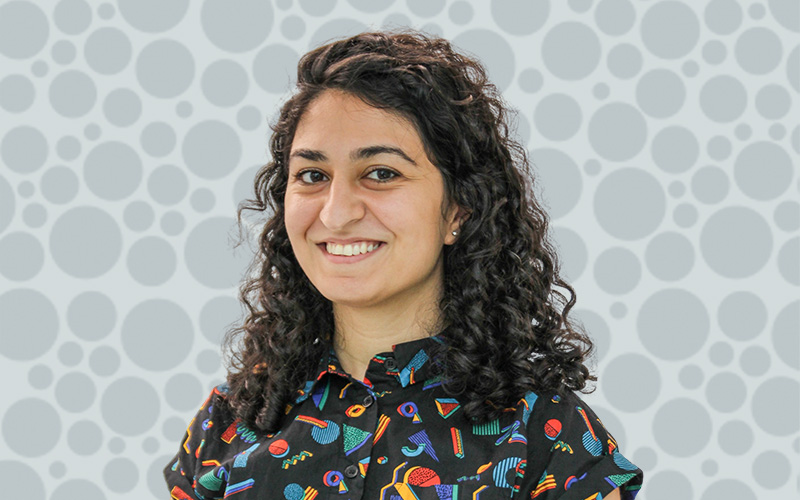Search

News & Events
Researchers narrow down field of new treatments for most common childhood brain cancerCancer researchers have narrowed-down the field of immunotherapy drugs which could be used to tackle a form of childhood brain cancer.
Research
High-dose chemotherapy for Ewing sarcoma and Rhabdomyosarcoma: A systematic review by the Australia and New Zealand sarcoma association clinical practice guidelines working partyPatients with high-risk or metastatic Ewing sarcoma (ES) and rhabdomyosarcoma (RMS) have a guarded prognosis. High-dose chemotherapy (HDT) with autologous stem cell transplant (ASCT) has been evaluated as a treatment option to improve outcomes. However, survival benefits remain unclear, and treatment is associated with severe toxicities.
Research
Nonchromosomal birth defects and risk of childhood acute leukemia: An assessment in 15 000 leukemia cases and 46 000 controls from the Childhood Cancer and Leukemia International ConsortiumAlthough recent studies have demonstrated associations between nonchromosomal birth defects and several pediatric cancers, less is known about their role on childhood leukemia susceptibility. Using data from the Childhood Cancer and Leukemia International Consortium, we evaluated associations between nonchromosomal birth defects and childhood leukemia.
Research
Implementation of DNA Methylation Array Profiling in Pediatric Central Nervous System Tumors: The AIM BRAIN Project: An Australian and New Zealand Children's Haematology/Oncology Group StudyDNA methylation array profiling for classifying pediatric central nervous system (CNS) tumors is a valuable adjunct to histopathology. However, unbiased prospective and interlaboratory validation studies have been lacking. The AIM BRAIN diagnostic trial involving 11 pediatric cancer centers in Australia and New Zealand.
Research
Down syndrome and leukemia: from basic mechanisms to clinical advancesChildren with Down syndrome (DS, trisomy 21) are at a significantly higher risk of developing acute leukemia compared to the overall population. Many studies investigating the link between trisomy 21 and leukemia initiation and progression have been conducted over the last two decades.
Research
Celebrating 100 years of Immunology & Cell Biology – a special focus on the field of tumor immunology in AustraliaIn this Commentary article, as part of the 100-year celebrations of the journal, we reflect on the contribution of articles published in ICB in the field of tumor immunology. A highlight is a series of interviews conducted with three Australian-based ICB authors who have contributed key papers over the years: Rajiv Khanna, Delia Nelson and Ian Frazer.
Research
Prognostic significance of molecular subgroups in survival outcome for children with medulloblastoma in MalaysiaAdvancements in genomic profiling led to the discovery of four major molecular subgroups in medulloblastoma (MB), which have now been incorporated into the World Health Organization classification of central nervous system tumors. The current study aimed to determine the prognostic significance of the MB molecular subgroups among children in Malaysia.
Research
Precision-guided treatment in high-risk pediatric cancersRecent research showed that precision medicine can identify new treatment strategies for patients with childhood cancers. However, it is unclear which patients will benefit most from precision-guided treatment.
Research
Towards precision cancer medicine for Aboriginal and Torres Strait Islander cancer health equityDelivering cancer control at scale for Aboriginal and Torres Strait Islander communities is a national priority that requires Aboriginal and Torres Strait Islander leadership and codesign, as well as significant involvement of the Aboriginal community-controlled health sector. The unique genomic variation observed among Aboriginal and Torres Strait Islander peoples may have implications for standard and precision medicine.
Research
EphA3-targeted chimeric antigen receptor T cells are effective in glioma and generate curative memory T cell responsesHigh-grade gliomas including glioblastoma (GBM) and diffuse midline gliomas (DMG) represent the most lethal and aggressive brain cancers where current treatment modalities offer limited efficacy. Chimeric antigen receptor (CAR) T cell therapies have emerged as a promising strategy, boasting tumor-specific targeting and the unique ability to penetrate the blood-brain barrier.
